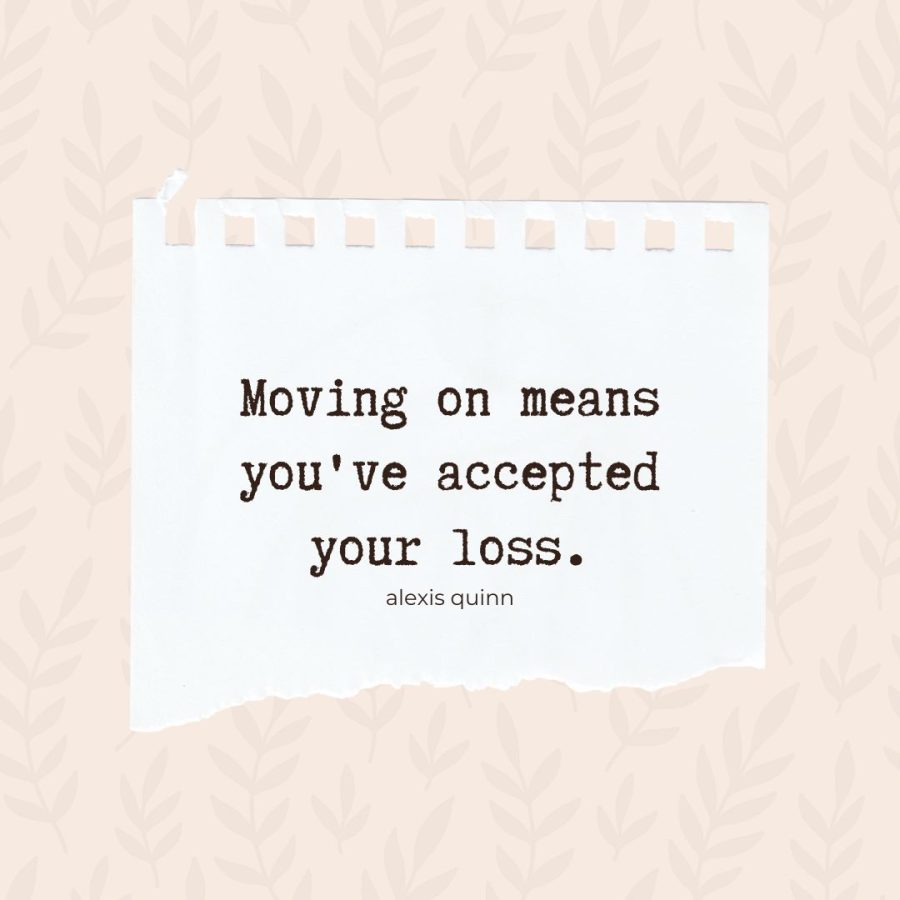Coping with grief
What is grief? Everyone asks themselves. How do I cope with grief? What I can tell you from personal experience is that grief is a lot of different things from shock to anger to disbelief and a lot more. The pain from grief can also disrupt your physical health, making it difficult to sleep, eat or even think straight. Grief is that emotional state that just knocks you off your feet and comes over you like a wave.
Grieving doesn’t necessarily have a time component to it. Grieving is what happens as we adapt to the fact that our loved one is gone–that we’re carrying the absence of them with us. And the reason that this distinction makes sense is that grief is a natural response to loss, so we think we’ll feel grief forever.
A woman who lost her mother as a young person is going to experience that grief on her wedding day because it’s a new moment where she’s having a response to lose. But “grieving” means that our relationship to that grief changes over time. So the first time, maybe even the first 100 times, you’re knocked off your feet with grief, it feels terrible and awful and unfamiliar.
But maybe the 101st time, you think to yourself, “I hate this, I don’t want this to be true. But I do recognize it, and I do know that I will get through the wave.” All these emotions are normal reactions to loss. Coping with the loss of something or someone you love is one of life’s biggest challenges. Not all of our grief with loss is the same way. Whatever your loss is, it’s personal to you, so don’t feel ashamed about how you feel, or believe. It’s normal to grieve the loss you’re experiencing. Whatever the cause of your grief may be, though, there are healthy ways to cope with the pain that, in time, can ease your sadness and help you come to terms with your loss. Life may never seem quite that same again, but in time you can ease your sorrow, start to look to the future, and come to terms with it.
Some people say that moving on with your life means forgetting about your loss but that isn’t close to true. Moving on means you’ve accepted your loss. But that’s not the same as forgetting. You can move on with your life and keep the memory of someone or something you lost as an important part of yourself. While loss affects people in different ways, many of us experience the following symptoms when we’re grieving.
Just remember almost anything in the early stage of grief is normal. Including feeling like you’re going crazy, feeling like you’re in a bad dream, or questioning your beliefs. Your grief is your own, and no one else can tell you when it’s time to “move on” or “get over it.” Let yourself feel whatever you feel without embarrassment or judgment. It’s okay to be angry, to yell at the heavens, to cry, or not to cry.
It’s also okay to laugh, to find moments of joy, and let go when you’re ready. Anniversaries, holidays, and important milestones can reawaken painful memories and feelings. Be prepared for an emotional wallop, and know that it’s completely normal. You can plan ahead by making sure that you’re not alone, for example, or by marking your loss in a creative way. But don’t let anyone tell you when you’re ready to move on.





